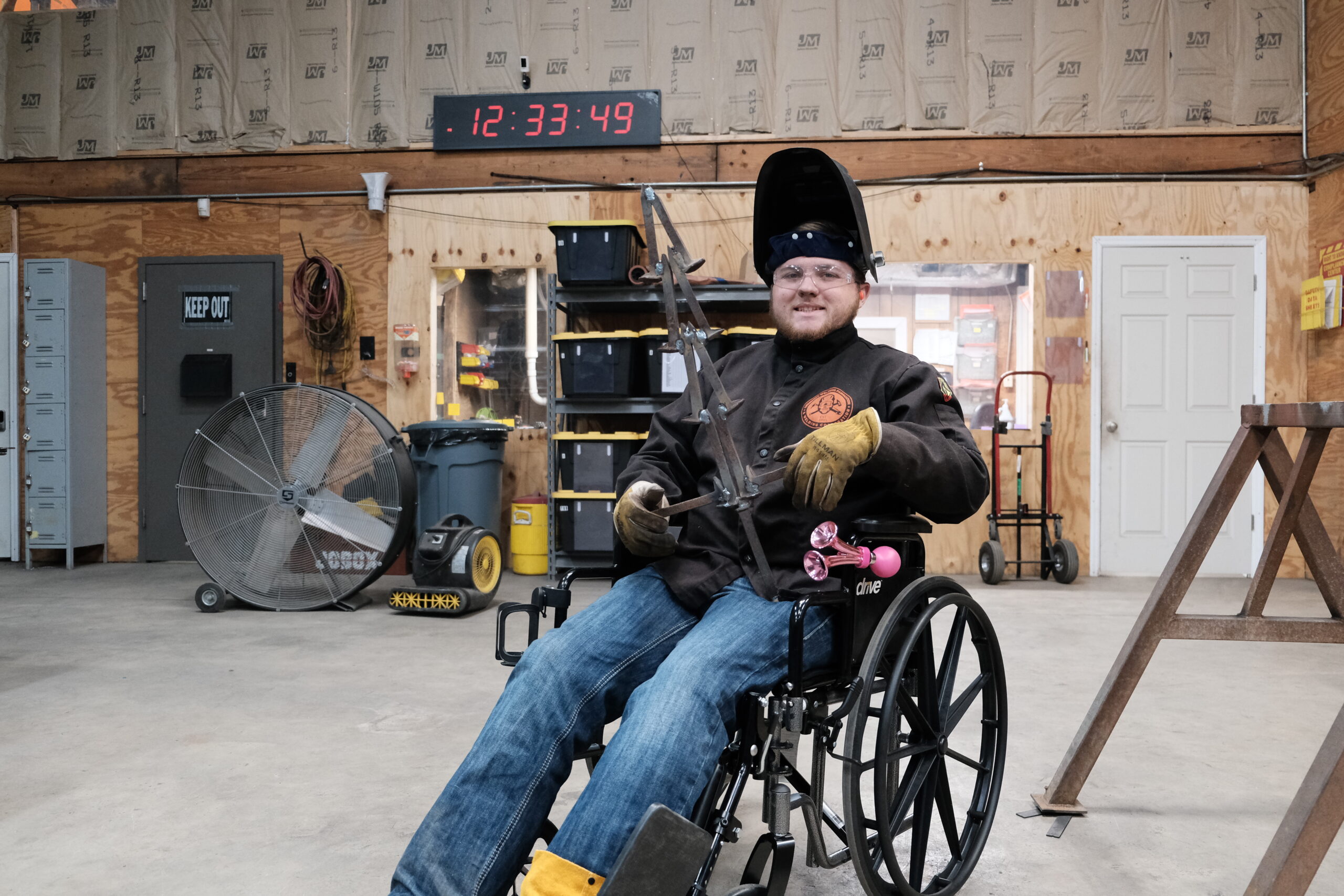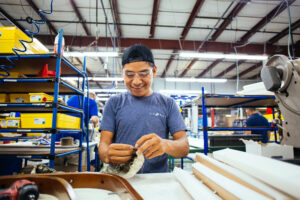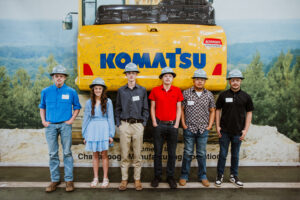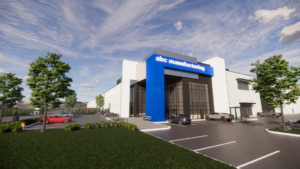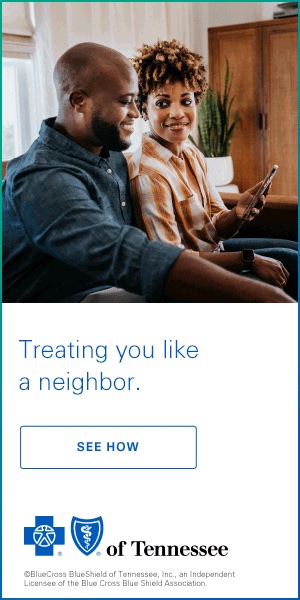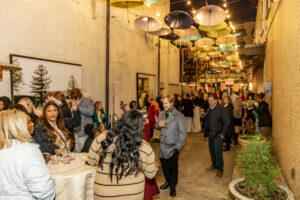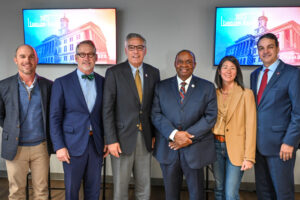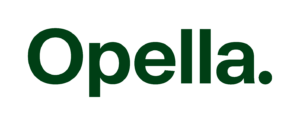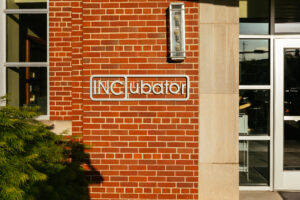Inside Chambers Welding and Fabrication a realm of steel and sparks rules. The clang of hammers and sizzle of molten metal announce the creation of elegant rails, sturdy gates and other intricate metal works.
Founded by Chanda Chambers, veteran and entrepreneur, in 2015, Chambers Welding offers custom fabrication, welding and metal repair for commercial, industrial and residential use. Their welding school, MetalMakers, started shortly after the company’s launch.
After being on hiatus due to the onset of COVID-19, classes are now back in session.
What began as an entry point into a fun, new hobby has now transformed into a program that teaches in-demand skills for those entering the welding field. As a community-facing program, MetalMakers is an outlet for personal expression which also serves as a professional advancement tool for historically marginalized groups.
Chambers offered insights into MetalMakers, its origins and the second chance it provides to an often-overlooked talent pool.

How do you differentiate MetalMakers from Chambers Welding? When did MetalMakers Launch?
MetalMakers came as a byproduct of Chambers Welding.
We started as fun-based classes before COVID-19, and it was a success. People came and had a great experience.
After the pandemic, I discovered the new workers I was bringing in were lacking basic skills. I needed to find a way to build up my employees and transition them into better-paying positions while also mitigating crime in our community through this skillset.
We continue offering fun-based classes for those who just want to develop themselves more as a hobbyist. But there is also an added benefit for maintenance workers, engineers or anyone curious about a welding career to come in and work around welders thereby increasing their capacity and understanding of metalwork.
We created this professional development resource and – for the first time this year – we will offer a certificate program unlike any other. We want to encourage historically disadvantaged people – those living with disabilities, formerly incarcerated people, those with past drug addictions, or those who struggled to earn their GED. Basically, we want to provide anyone who’s disadvantaged with an opportunity to earn a livable wage.
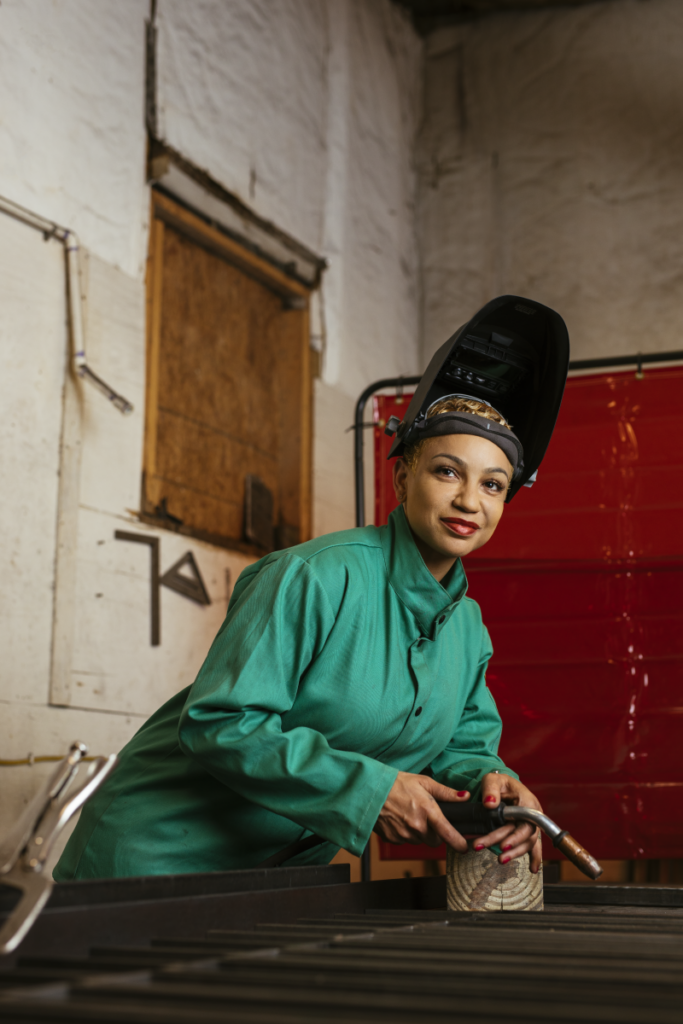
What led you to launch this certificate program?
I was inspired by my father, an eighth-grade dropout who was in and out of the prison system. I wondered why he never learned a skill and why people looked at him the way they did. I think that’s why I really created this.
My mother was a special-ed teacher – a highly educated person who went to Tuskegee Institute and continued her education as a lifelong learner. She always told me that people deserve a break and taught me to help those in need.
I did have a hard upbringing, but people inspired me to be the success I am today. I honor them with this program. I took a bad situation and turned it into a wonderful cause to offer people a second chance.
Walk us through the different classes. How are they structured?
The very first program is full of fun-based projects where people can come in at any skill level – whether they’ve picked up a welder or not.
The professional development program is aimed at engineers or maintenance personnel that want to supplement their abilities with welding skills like Mig, Tig, Stick or Flux Core.
You don’t have to devote yourself to a one- or two-year program – you can learn as you go. We have an eight-hour class for those who just need an introduction to the basics. Then, we go into our 15-hour class where we really start practicing the skills and diving deeper toward perfection.
The 30-hour class takes it up a notch where you take what you learned in the 15-hour class and start producing. In the end, you’ll walk away with a piece that you created and you’ll have someone critique what you’ve done.
We start with the basics of math and geometry before moving to specializations of the welding field. We cover cleaning your machine, changing wires and OSHA requirements.
The last five weeks, we’ll teach what you want to learn, whether it’s building a roll cage or working on cars – whatever will help you land your dream job.
How would you address business owners that may have overlooked this “second chance” demographic?
My philosophy has always been “one hand forward, one hand back.” For all the help that I received, I owe it to my community to help the next person. We don’t get here by ourselves.
You must create the change you want to see. I just believe in that. I want to see us continue to move forward as we have successfully done. The “one hand forward, one hand back” method did not originate from me; it came from the person who opened the door for me.
There is nowhere else in the country that does what we do, and I think Chattanooga should be proud of that.
I hope this program becomes contagious so that more companies can take their craft and teach it to others. That they’ll become more accepting and open to supporting local schools and community service.
Companies can create pathways for people to become great. At MetalMakers, we create these pathways by offering a unique classroom experience. I would encourage anyone and everyone to come out and take a class.
For more information, visit MetalMakersClasses.com.
